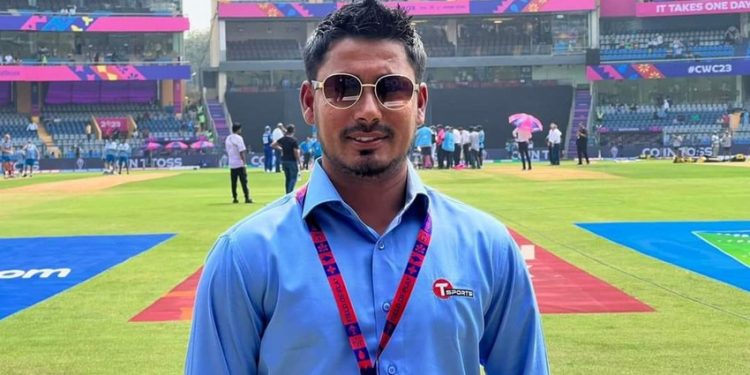Prior to the forthcoming home series against Ireland, former Bangladeshi cricket player Mohammad Ashraful has been named the country’s batting coach. He takes over for senior assistant coach Mohammad Salahuddin, who had been in charge of the batting unit since David Hemp was fired by the Bangladesh Cricket Board (BCB).
For the first time since his 2014 suspension for match-fixing in the Bangladesh Premier League (BPL), Mohammad Ashraful is back in the national dressing room. Since then, he has held a variety of coaching positions in domestic cricket, including two stints as the Rangpur Riders’ batting coach in the Global Super League (GSL).
Abdur Razzak, a current BCB director and former left-arm spinner, has been named team director for the forthcoming series. Beginning in November, Ireland will go to Bangladesh for three Twenty20 Internationals and a two-match Test series.
“It goes without saying that Ashraful has the experience. After the board meeting, Razzak informed reporters at a news conference at Mirpur Sher-e Bangla National Cricket Stadium, “He has already completed the coaching courses, and mainly his experience was the key for us in this role,” according to Cricbuzz.
Senior assistant coach Salahuddin bhai is in charge. No one’s failure to do their duties or anything similar was discussed. Furthermore, no one has been fired from their position. My responsibilities will be the same as those of any other team director. I’ll watch, keep an eye on things, and offer assistance to anyone who needs it.
“I’ll try to help if they need anything,” Mohammad Ashraful continued.
For those who don’t know, Ashraful was born in Dhaka, Bangladesh, on July 7, 1984. He scored a Test century against Sri Lanka in 2001 at the age of 17, becoming him the youngest player to do so. Later, from 2007 to 2009, Ashraful led Bangladesh as captain. During that time, the team achieved a number of historic triumphs, including their first-ever World Cup victory over South Africa in 2007.
Mohammad Ashraful eight-year BCB suspension for match-fixing was eventually lowered to five years, with two years suspended for his cooperation with investigators and admission of guilt. He took official coaching courses, coached young players, and continued to play cricket through private training and development initiatives while he was suspended.







